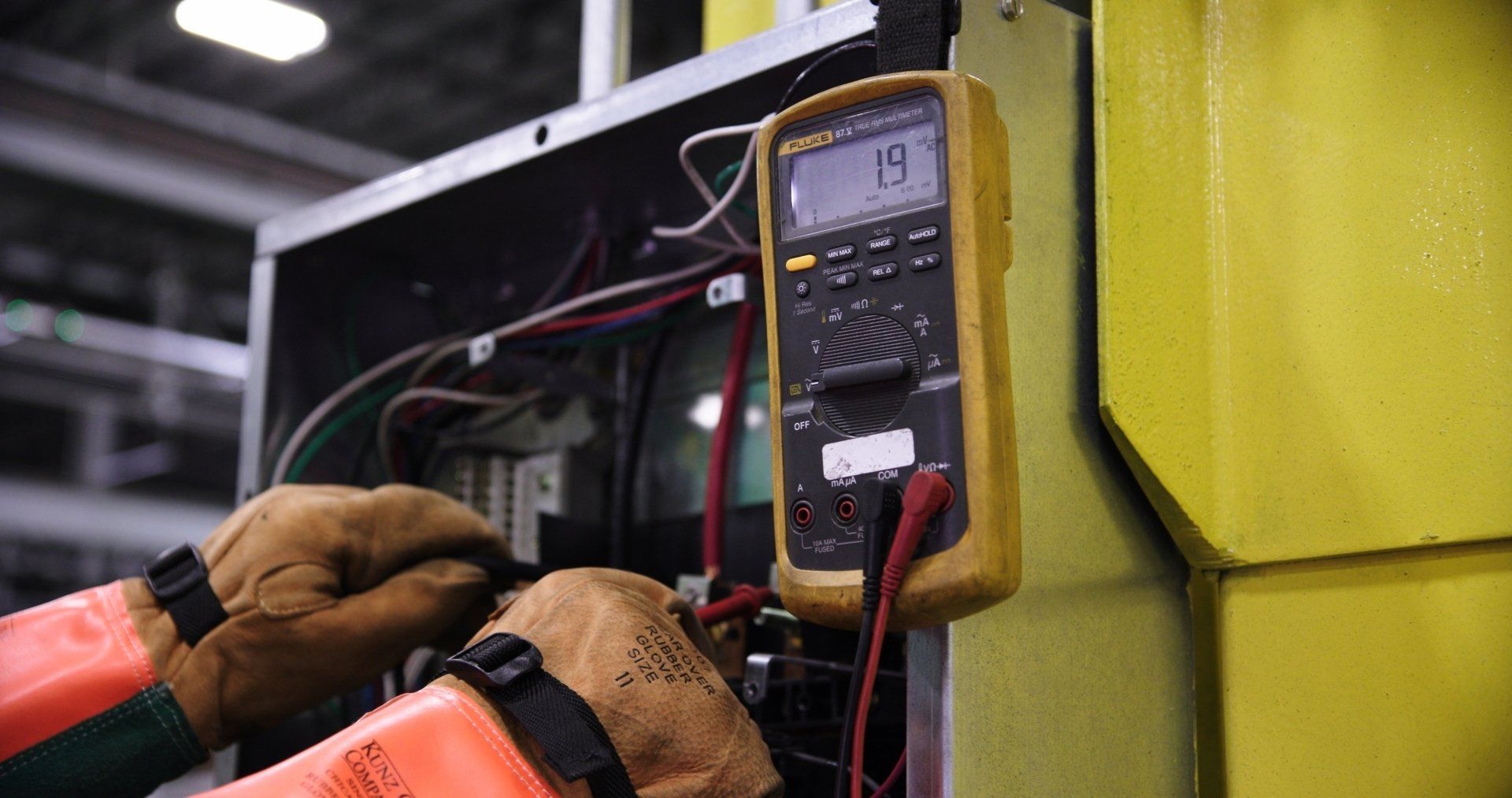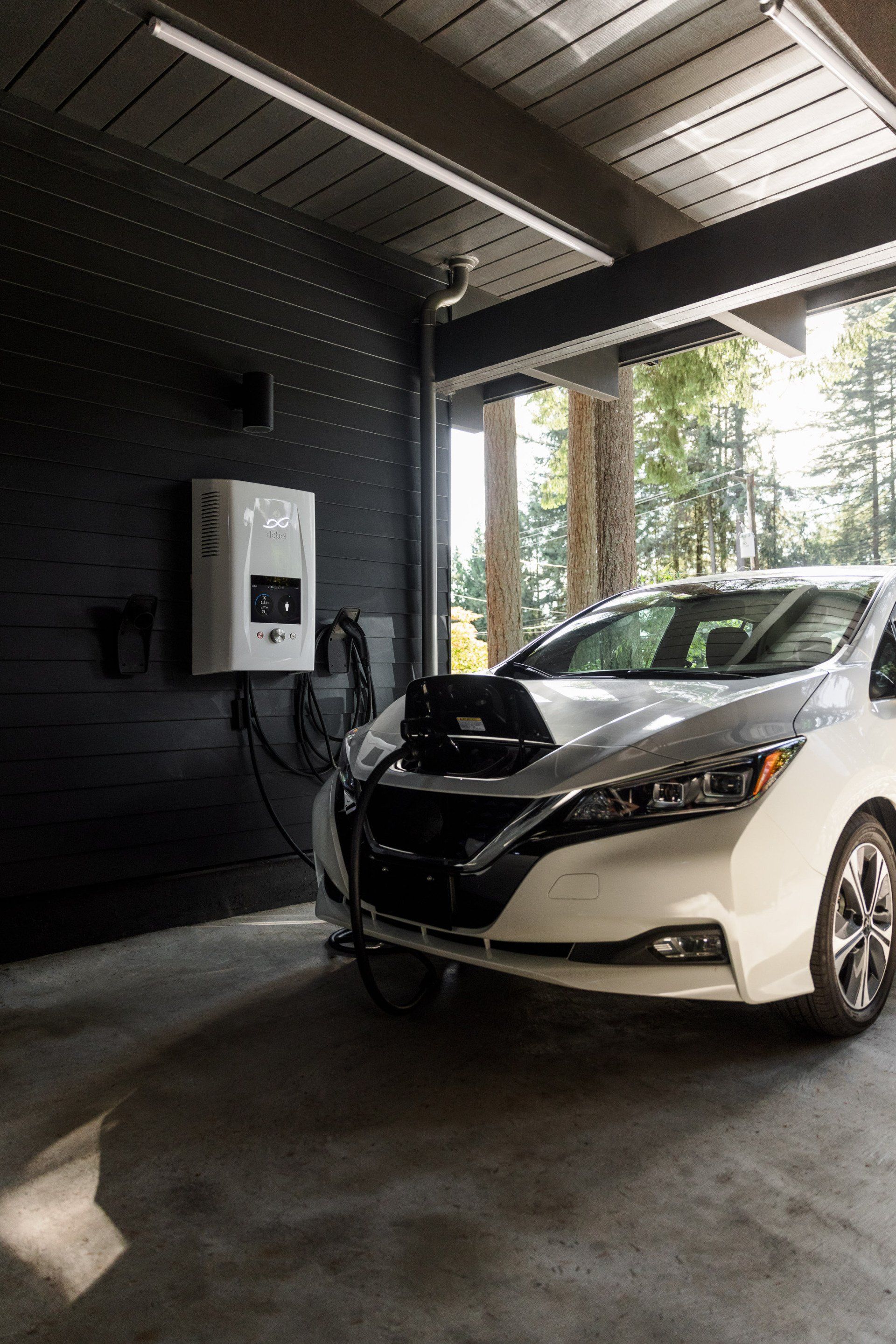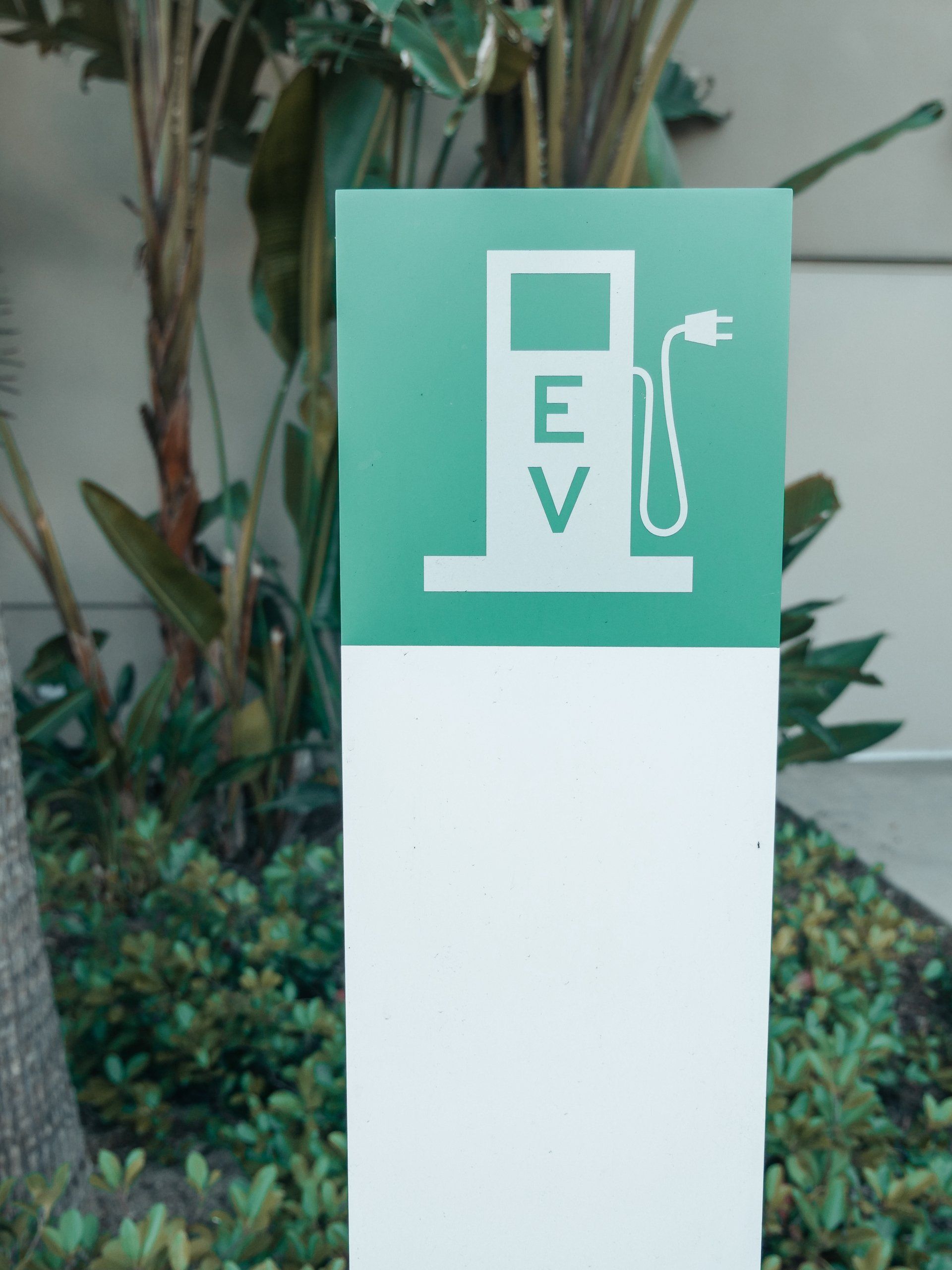Colorado Tax Rebates for Green Energy Installations
As the popularity of electric vehicles (EVs) continues to grow, more and more consumers are considering making the switch to this new technology. However, one of the biggest concerns with owning an EV is charging it, and ensuring that there will always be enough power to get you where you need to go. Fortunately, the state of Colorado offers several tax incentives and rebates for the installation of EV chargers, backup batteries, and solar panels.
EV Charger Installation Tax Rebates
In Colorado, there are several tax rebates available for the installation of EV chargers. The Charge Ahead Colorado program, which is run by the Colorado Energy Office, offers both grants and tax credits to support the installation of Level 2 EV charging stations. Both residential and commercial properties are eligible for these rebates, and the program offers rebates up to $9,000 per charging station, or 80% of the total cost of installation. Additionally, the installation of EV chargers may also be eligible for a federal tax credit of up to 30% of the cost.
Backup Battery and Solar Tax Rebates
In addition to EV charging incentives, Colorado also offers tax credits for the installation of backup batteries and solar panels. The Colorado Department of Revenue offers a tax credit of 30% of the total cost of installation, up to $1,000 for residential systems and $50,000 for commercial applications. This tax credit can be applied to the installation of battery backup systems, which allow EV owners to store excess solar energy or power from the grid, ensuring that their vehicle is always charged and ready to go.
Solar panel installations are also eligible for tax credits in Colorado. The state offers a tax credit of up to 55% of the total cost of installation, with a maximum credit of $20,000. Additionally, solar panel installations may also qualify for federal tax credits of up to 26% of the total cost.
Applying for these Tax Rebates
In order to take advantage of these tax incentives and rebates, consumers must apply through the appropriate channels. For Charge Ahead Colorado grants and tax credits, applications must be submitted through the Colorado Energy Office. For backup battery and solar tax rebates, applications must be filed with the Colorado Department of Revenue. For more information on each of these programs, and to learn more about the requirements of each program, please visit the following websites:
- Charge Ahead Colorado: https://www.colorado.gov/pacific/energyoffice/charge-ahead-colorado
- Colorado Department of Revenue: https://tax.colorado.gov/energy-incentives
Conclusion
As Colorado continues to promote the use of EVs and renewable energy, the state offers several tax incentives and rebates to support these initiatives. By taking advantage of these programs, EV owners can ensure that their vehicles are always charged and ready to go, while also supporting the growth of clean energy technologies. To learn more about EV charger installations, backup batteries, and solar panel installations, and to find out how you can take advantage of these incentives in Colorado, visit the websites listed above.
Share on:




